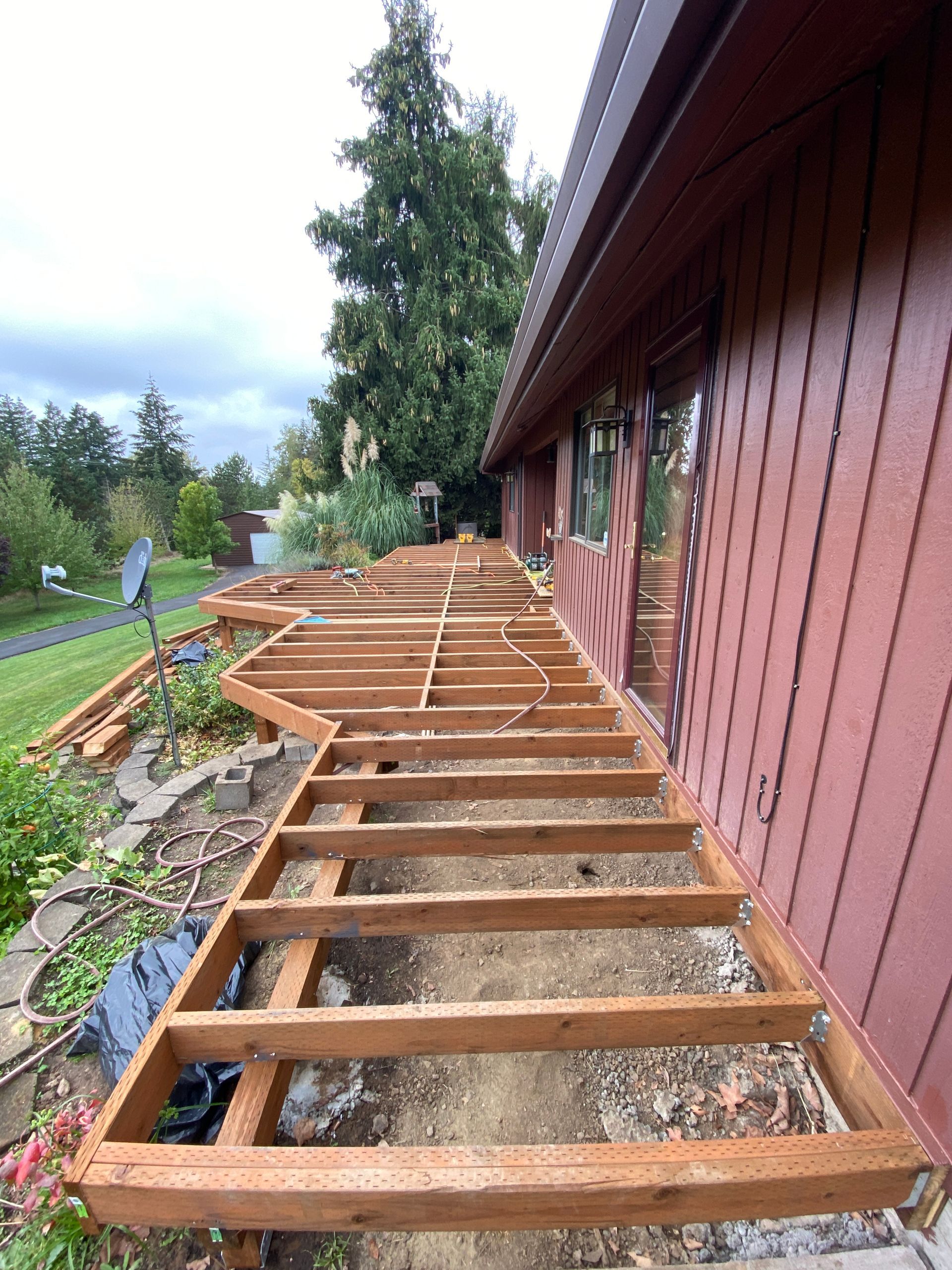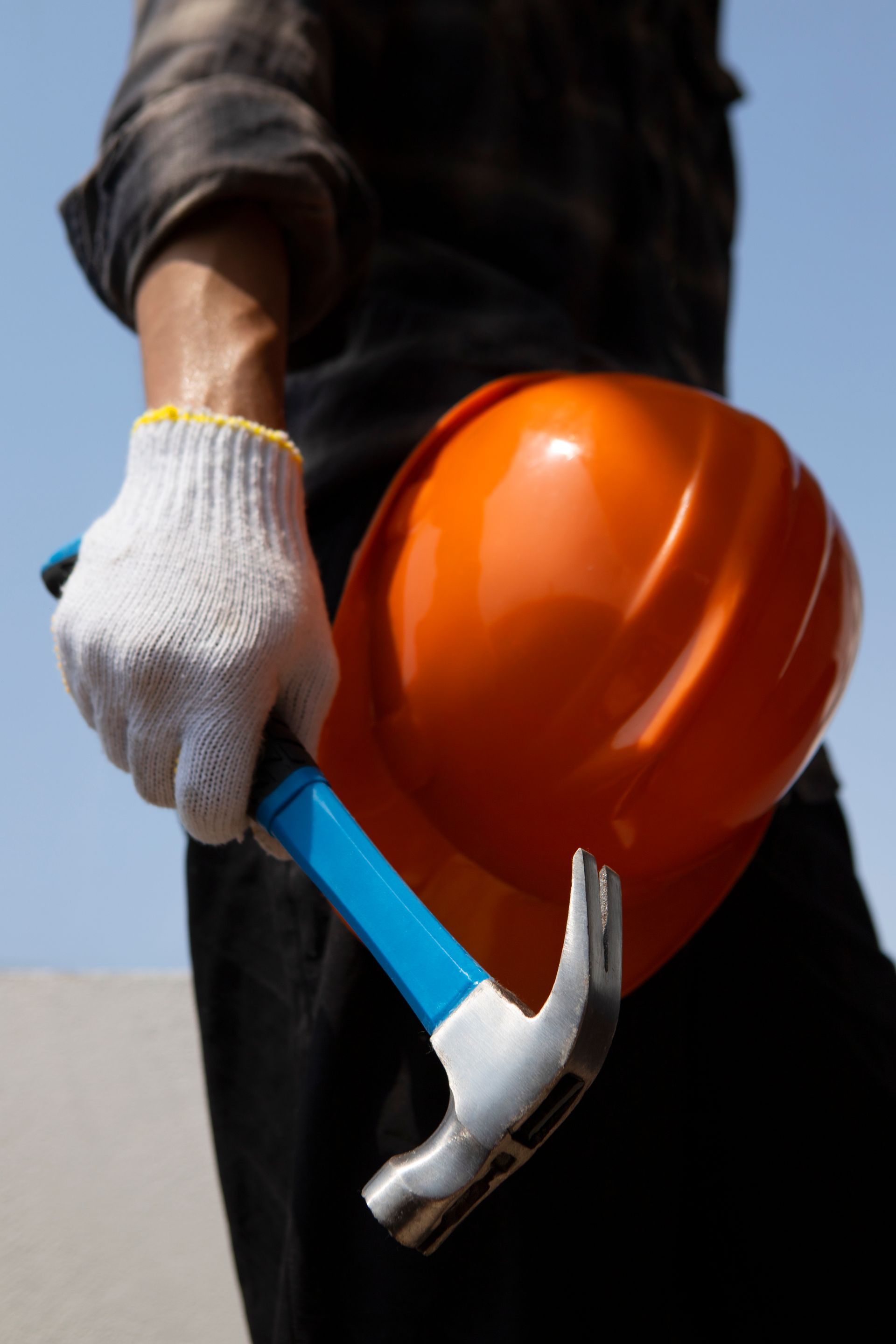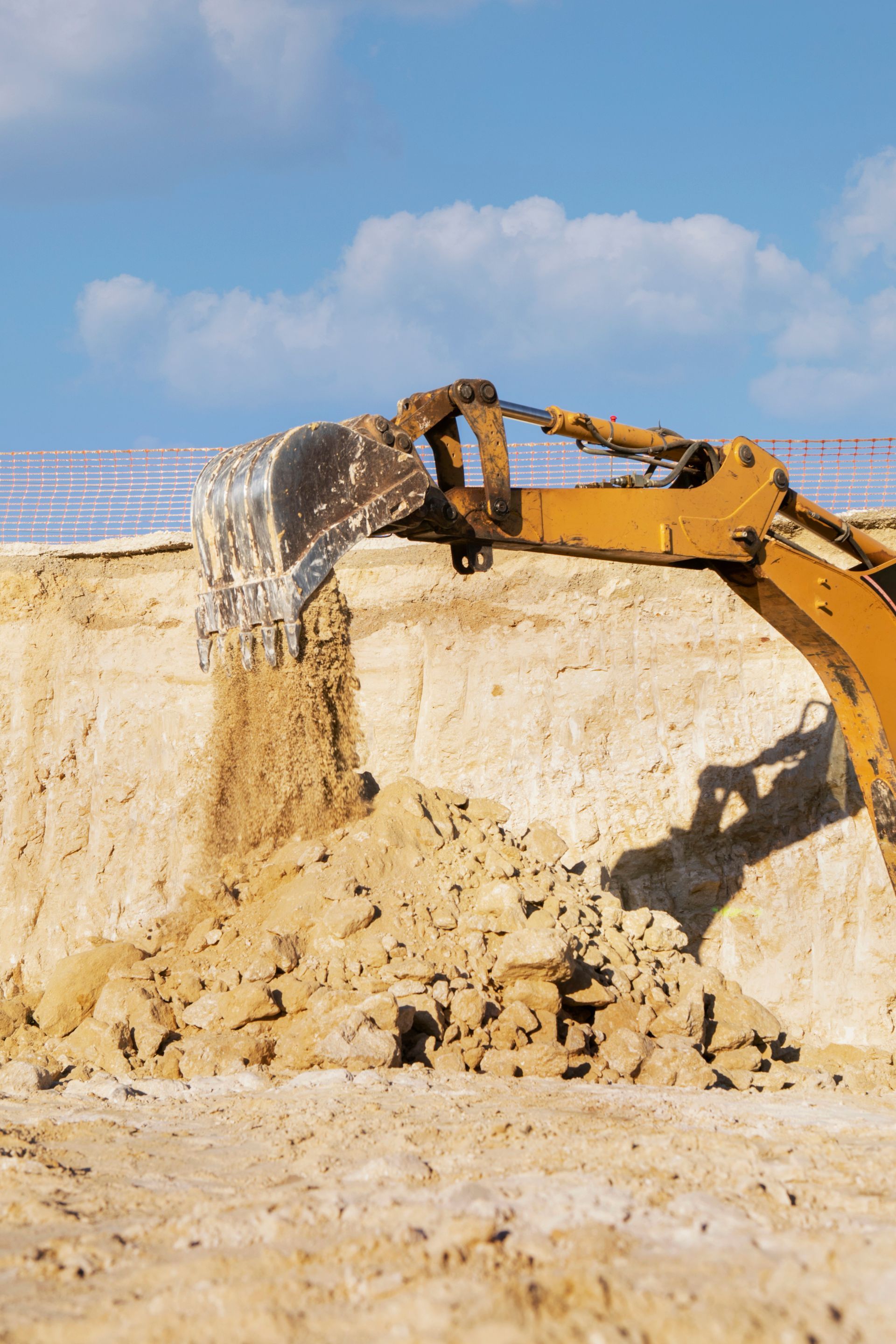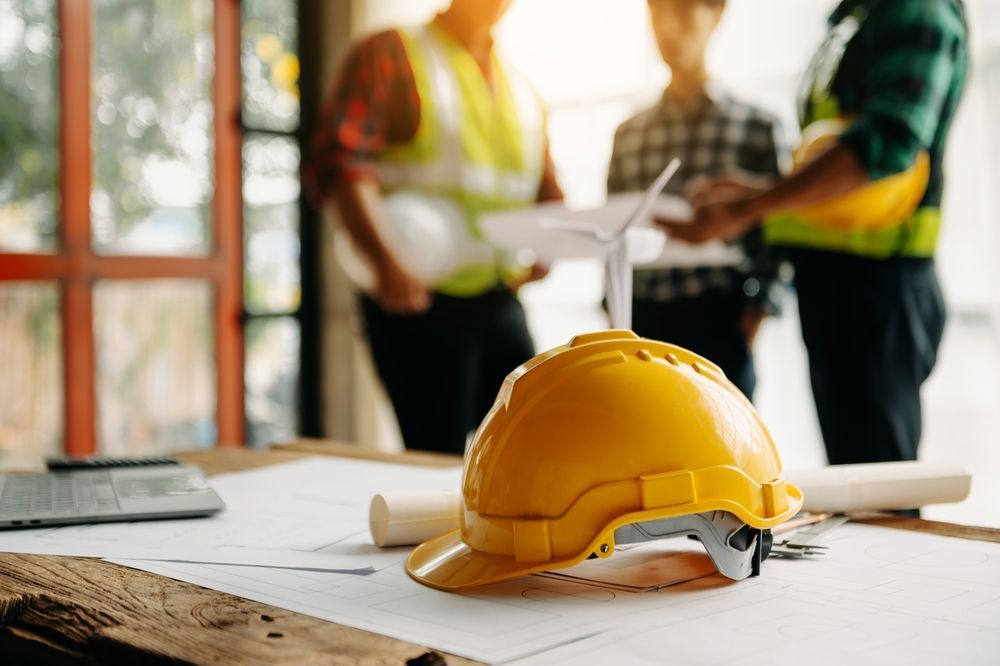Excavation 101: Important Factors to Consider for Your Next Construction Project
Excavation is an essential part of any construction project, whether you're building a new home, a commercial space, or even adding a backyard addition. Proper excavation lays the foundation for a safe and stable construction project. In this blog post, we'll cover some important factors to consider when planning your next excavation project. Keep these in mind, and don't hesitate to contact our team at PHD Construction Co. for assistance with your excavation needs.
1. Site Preparation
Before the actual excavation work begins, it's crucial to prepare the site correctly. This includes clearing any vegetation, debris, and potential obstructions that might be in the way. It's also important to ensure that the site has proper drainage to prevent water-related issues during the excavation process.
2. Soil Type and Conditions
Different soil types have varying characteristics that can affect the excavation process. For example, clay soil tends to be more challenging to excavate than sandy or loamy soil. It's essential to identify the soil type on your property to determine the best excavation technique and equipment needed for your project. Additionally, consider any soil contamination or hazardous materials present, as they may require specialized handling and disposal methods.
3. Utility Location
Before starting your excavation project, ensure you know the location of any underground utilities such as gas lines, water pipes, and electrical cables. Accidentally damaging these utilities can result in costly repairs and delays to your project. In many regions, you're legally required to call a utility locator service before you start any excavation work.
4. Retaining Walls and Support Structures
Depending on the depth and scope of your excavation project, you may need to construct temporary or permanent retaining walls and support structures to prevent soil collapse and ensure the safety of workers. These structures may include shoring, trench boxes, or sheet piling, depending on the specific needs of your project.
5. Equipment and Machinery
The right equipment and machinery are essential for an efficient and successful excavation project. Consider factors such as the size of the area to be excavated, soil type, and depth of the excavation when selecting your equipment. Having the right machinery on hand can save you time and money throughout the process.
6. Safety Measures
Excavation work comes with its own set of risks and hazards, so it's essential to prioritize safety on your job site. Ensure that all workers are trained in excavation safety and follow all relevant guidelines and regulations. Always have a person on site who is qualified to assess and manage any risks that may arise during the project.
7. Environmental Impact
Lastly, consider the environmental impact of your excavation project, including potential effects on nearby water sources or wildlife habitats. Follow all relevant environmental regulations and obtain any necessary permits or approvals for your project. Additionally, implement erosion and sediment control measures to minimize your project's impact on the surrounding environment.
When it comes to excavation, it's essential to work with experienced professionals to ensure that your project runs smoothly and safely. At PHD Construction Co., we have over 14 years of experience in the industry, and we'll bring our expertise to your excavation project. Our team can handle everything from dig-outs and site clean-ups to concrete work, retaining walls, and street improvements. Contact us today to discuss your excavation needs and see how we can help bring your vision to life.










